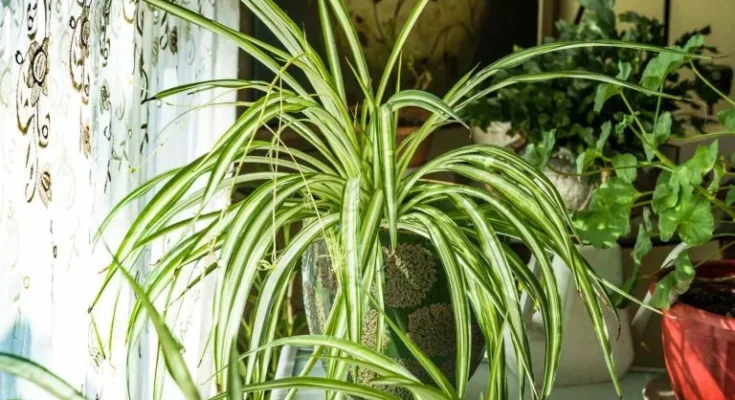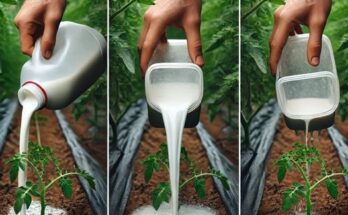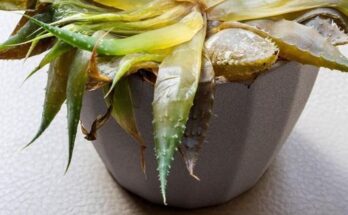
Chlorophytum, commonly known as the spider plant, is one of the most popular indoor plants worldwide. But beyond its decorative appeal, having a chlorophytum in your home brings several benefits, both tangible and intangible. Let’s delve deep into understanding what really happens when this plant finds its place in your living space.

Chlorophytum, or spider plant, originates from tropical and southern Africa. With its arching leaves and central stems that produce small flowers and baby plantlets, it’s an easily recognizable and beloved plant in many homes.
Air-Purifying Qualities

One of the most celebrated benefits of chlorophytum is its ability to purify indoor air.
1. NASA Clean Air Study:
According to NASA’s Clean Air Study, spider plants are proficient in removing pollutants like formaldehyde and xylene from the air. These are common in many homes, released by products like furniture, carpeting, and paints.
2. Increased Oxygen Levels:
Like all plants, chlorophytum photosynthesizes, taking in carbon dioxide and releasing oxygen. This can help in maintaining fresh air within enclosed spaces.
Boosting Humidity

Plants are natural humidifiers. Through a process called transpiration, chlorophytum releases moisture into the air.
1. Benefits for Respiratory Health:
Increased humidity can benefit those with respiratory issues or dry skin, especially in environments where air tends to be dry.
2. Reduction in Airborne Dust:
Higher humidity can lead to a reduction in airborne dust particles, making the air cleaner.
A Natural Mood Enhancer

Having plants indoors, including chlorophytum, can positively affect one’s mood and mental well-being.
1. Reduction in Stress:
Studies have shown that the presence of indoor plants can reduce physiological and psychological stress.
2. Boosting Productivity and Concentration:
Other research indicates that indoor plants can boost productivity and concentration by up to 15%.
Easy Care and High Resilience

Chlorophytum is known for its adaptability and resilience, making it perfect even for novice plant enthusiasts.
1. Tolerance to Varied Conditions:
Whether it’s irregular watering or varied light conditions, spider plants are forgiving.
2. Pet-Friendly:
While many houseplants can be toxic to pets, chlorophytum is generally considered non-toxic to cats and dogs. However, it’s always a good idea to place plants where pets can’t chew on them, as any plant can cause a digestive upset.
Enhancing Home Aesthetics

The arching variegated leaves of chlorophytum, combined with its unique reproductive style of producing baby plants (pups) on long stems, adds aesthetic charm to interiors.
1. Versatility in Display:
Whether in hanging baskets, where the plantlets can hang and grow freely, or on tabletops, chlorophytum complements various home decor styles.
2. Symbolism:
In some cultures, spider plants symbolize abundance and prosperity, mainly because of their prolific growth and production of plantlets.
Engaging Children with Nature

Chlorophytum’s unique growth and easy-care nature make it a perfect plant to introduce children to gardening.
1. Educative Opportunity:
Children can learn about photosynthesis, plant reproduction, and basic plant care through spider plants.
2. Responsibility:
Assigning the task of watering and caring for the plant can teach children responsibility and the basics of plant care.
Chlorophytum, with its myriad of benefits ranging from air purification to mood enhancement, is more than just a decorative element in homes. As we continue to spend significant amounts of time indoors, the importance of such indoor plants only grows. By incorporating chlorophytum into your living space, you’re not only enhancing your home’s aesthetics but also making strides in improving the overall quality of your indoor environment. So, the next time you spot a spider plant, remember, it’s much more than just a pretty face!



